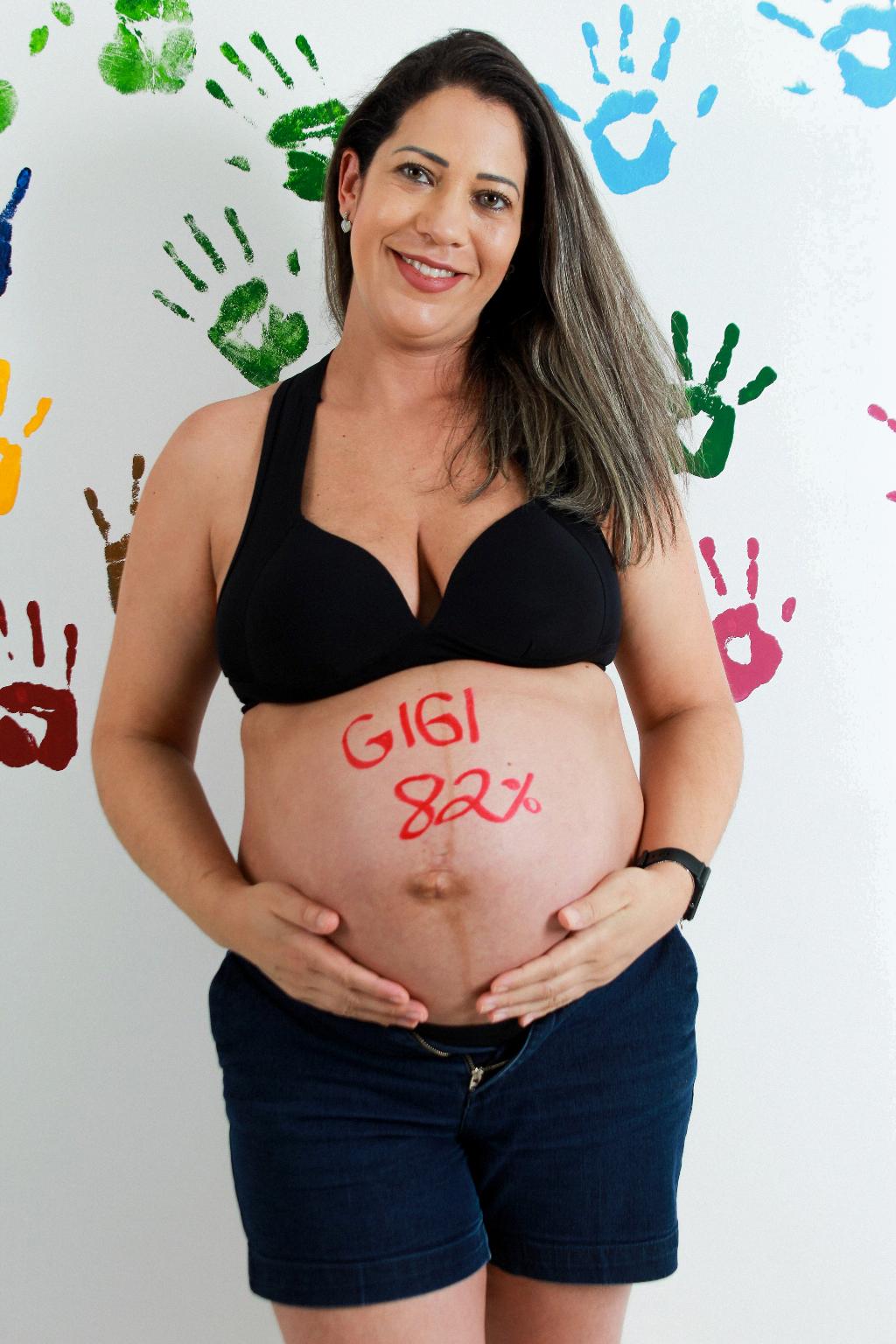Many parents eagerly await the arrival of their little one, wondering what characteristics they will inherit. One common question that often arises is: how can you tell if your baby will have a lot of hair? While it’s not an exact science, there are some factors that might give you a clue.
Understanding the significance of complexion
Believe it or not, your baby’s complexion can provide some insight into their potential hair situation. Darker complexions tend to have slower grow-and-shed cycles, leading to a thicker head of hair at birth. So if you and your partner have darker skin tones, there may be a good chance that your little one will be blessed with a lush mane.
Heartburn during pregnancy and its hair-related connection
Another surprising indicator of potential baby hair is the amount of heartburn you experience during pregnancy. It may sound strange, but there is a small correlation between frequent heartburn and a baby with a full head of hair. So if you find yourself reaching for the antacids often during your pregnancy, you might just be preparing for a hairy surprise!
Genetics and family history
Of course, genetics also play a significant role in determining your baby’s hair situation. Take a look at your own and your partner’s family history – do you both come from families with thick, voluminous locks? If so, there’s a good chance that your baby will inherit those traits as well.
Ultrasound clues
Believe it or not, medical professionals may sometimes be able to provide a sneak peek into your baby’s hair situation during an ultrasound. While not always accurate, some parents have reported seeing a fuzzy halo around their baby’s head in the images, indicating that they might be born with ample hair.
Old wives’ tales
There are numerous old wives’ tales and myths surrounding baby hair prediction. For example, some believe that severe heartburn means a hairy baby, while others claim that carrying high or low can indicate the same. While these are not scientifically proven methods, they can add a fun element of speculation to the waiting game.
Post-birth surprises
Ultimately, the only way to know for sure how much hair your baby will have is to wait until they make their grand entrance into the world. Some babies are born with a thick mane that shocks everyone in the delivery room, while others may take some time to sprout their first strands. It’s all part of the wonderful unpredictability of welcoming a new life into the world.
Caring for your baby’s hair
Regardless of how much hair your little one is born with, taking care of it is essential from the get-go. Invest in gentle baby shampoos, soft brushes, and consider using a mild conditioner if needed. Remember, your baby’s delicate scalp requires love and attention, just like the rest of their tiny body.
Celebrating your baby’s uniqueness
Whether your baby arrives with a thick mane that would make a lion jealous or with just a few wisps of hair, remember that every child is unique and beautiful in their own way. Cherish each moment, from their first adorable tufts to the potential wild bedhead days ahead. After all, it’s these little details that make your baby truly one of a kind.
Final thoughts
While predicting your baby’s hair situation can be a fun guessing game, the most important thing is to welcome your little one into the world with love and excitement, regardless of how much hair they have. Whether it’s a bald beauty or a hairy surprise, your baby is sure to steal your heart from the moment you set eyes on them.

